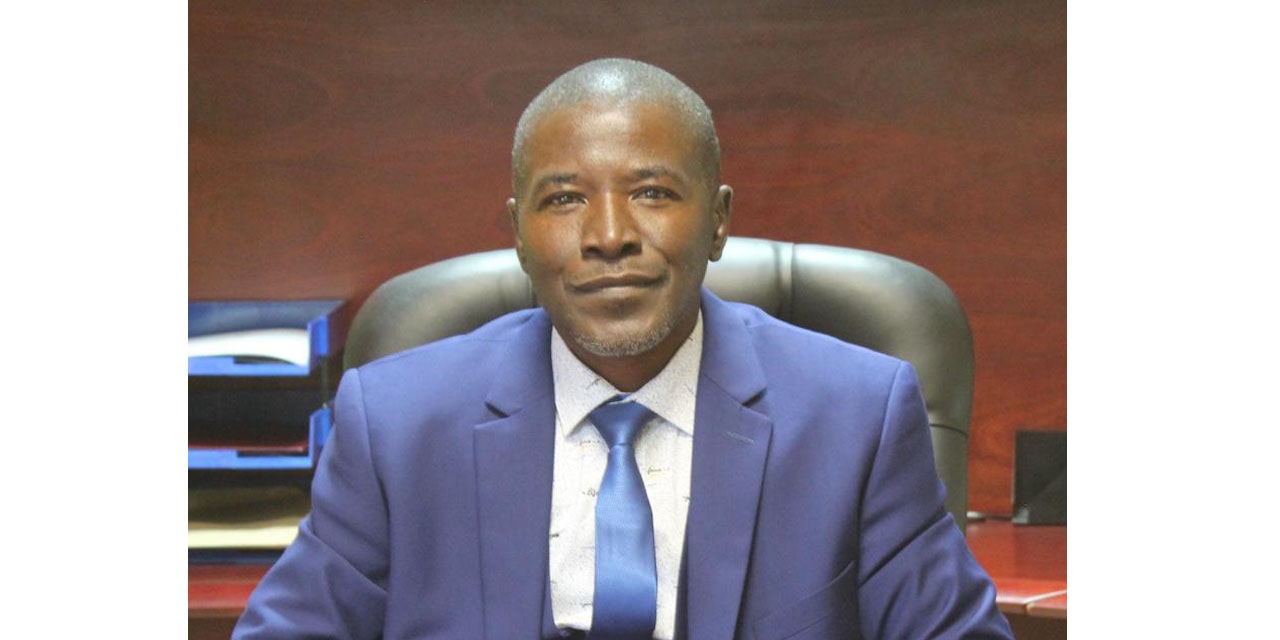Hertta-Maria Amutenja
Kavango East Region Governor, Bonifatius Wakudumo said the region needs to address critical issues of road infrastructure to avoid hindrance to the progress of the recently inaugurated Rundu Abattoir.
Amidst the excitement over the new state-of-the-art abattoir facility, Wakudumo highlighted the essential role roads play in ensuring the abattoir’s success and broader economic benefits during the official handover yesterday.
Wakudumo expressed gratitude for the facility’s establishment, recognising its capacity to slaughter 80-120 cattle per day, contributing significantly to the livestock sector’s growth and the region’s economic growth.
However, he didn’t shy away from voicing his concerns about the lack of adequate road infrastructure in the region.
“In the absence of road infrastructure, how will they [farmers] bring the meat from afar to the abattoir? We appreciate the abattoir, but how do we transport animals to be slaughtered there? How will farmers transport cattle to the abattoir?” he questioned.
He called on the Government to incorporate comprehensive planning that addresses the essential infrastructure needs for such initiatives, stressing the necessity of road networks to ensure the seamless functioning of vital services like clinics and markets.
“One cannot put a clinic there without a road. How will they reach the clinic or how will they transport patients to the referral hospitals,” expressed Wakudumo.
Minister of Agriculture, Water and Land Reform Carl Schleittwein, who also spoke at the inauguration, highlighted the challenges faced by Namibia’s livestock and meat industry, particularly the separation of Northern Communal Areas from the World Organisation for Animal Health that recognises Foot and Mouth Disease-free zone.
He emphasized the need to bridge the gap, enabling market access for communal farmers and establishing uniform prices for quality goods.
“The separation of the Northern Communal Areas from the World Organisation for Animal Health recognised Foot and Mouth Disease free zone, through the Veterinary Cordon Fence, or the “Red Line”. The Veterinary Cordon Fence effectively restricts animal and animal product movements across the line to prevent the further spread of Foot and Mouth Diseases.
This restriction has negative economic consequences as market access of meat originating from northern areas to lucrative export markets is difficult.
Price disparities for equal quality of goods are the most obvious negative impact in need of correction,” he said.




